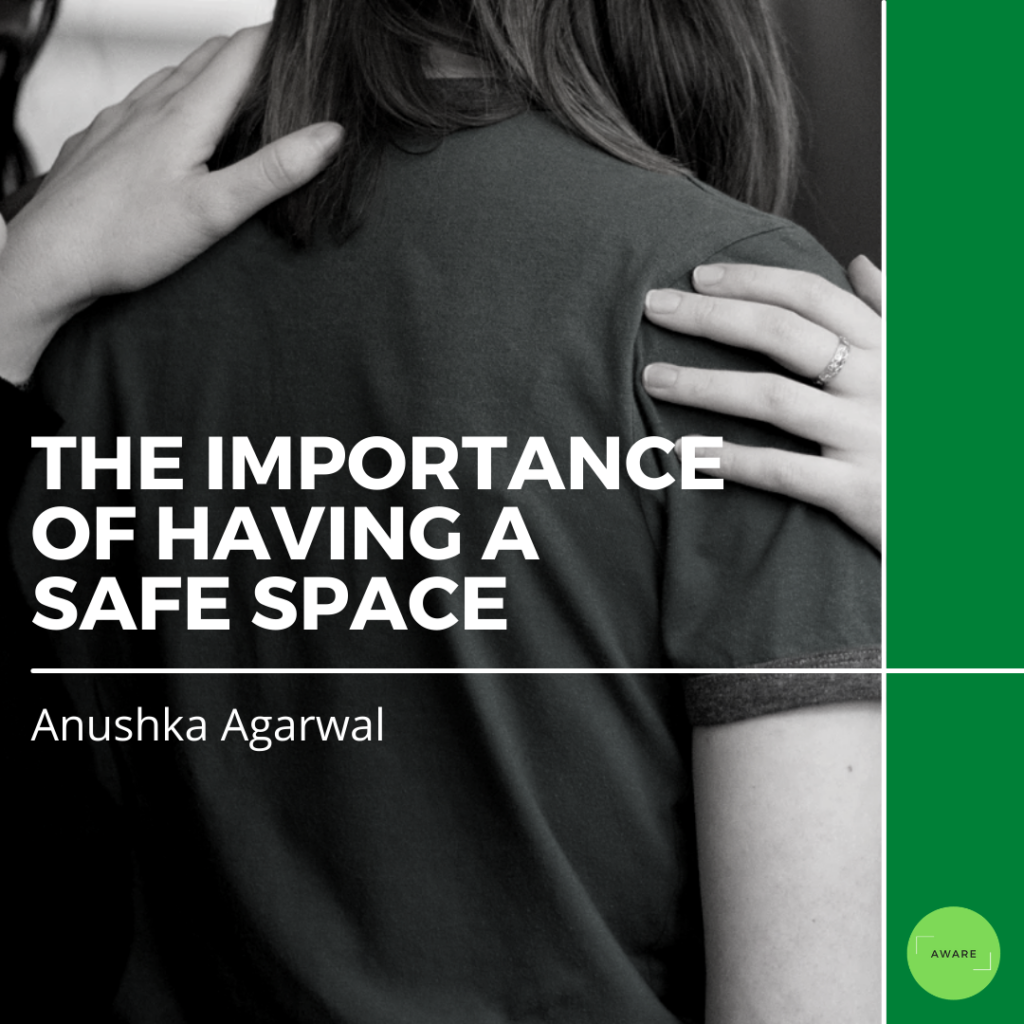The term “safe space” can be complex to define. However, using vernacular terms, a safe space can be considered as anenvironment in which a person or group of people can feel confident that they will not be exposed to criticism, harassment, or any other emotional or physical harm in. There are two main ways that people think about safe spaces: ideologically or as a physical space that allows for the physical safety of members.
A safe space does not necessarily have to be a physical location or place. It can be something as simple as a group of people who hold similar values consistently providing each other with a supportive and respectful environment.
Why is it important?
It can start to feel emotionally taxing and exhausting to constantly have your guard up and not display vulnerability. Safe spaces can provide a break from judgment, unsolicited opinions, and having to explain yourself. It also allows people to feel supported and respected. They allow us to build resilience so that when we are outside of these spaces, we can engage maturely with our peers and be the strongest, most authentic versions of ourselves. Most importantly, safe spaces allow us to practice self-care so that we can continue making thoughtful, productive contributions to difficult discussions.
However, safe spaces within a school or educational environment have become controversial because it can be argued that these safe spaces are a direct threat to free speech and that they foster groupthink and limit the flow of ideas. Others accuse college students of being coddled and overly sensitive individuals who seek protection from ideas that make them uncomfortable.
When we think about safe spaces in the context of mental health, it is obvious how they can be a beneficial and even critical part of our lives. After all, learning to prioritize and take care of our mental health is a lifelong endeavor and should be a priority which may be achievable through safe spaces.
